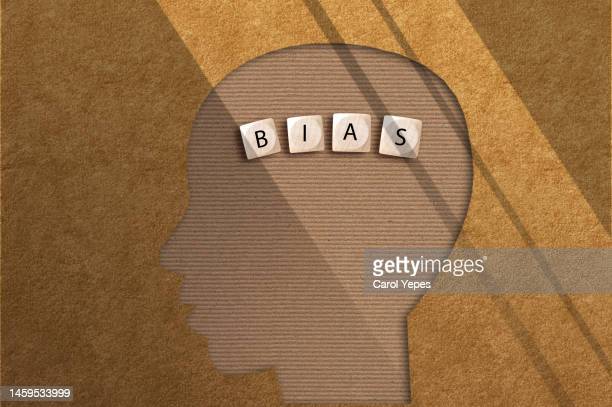
The Black Box in AI refers to the lack of transparency and interpretability in intelligent systems. AI algorithms learn from data, making it difficult to trace decision-making. This poses implications for critical applications and raises ethical concerns. Approaches like Explainable AI, model transparency, regulatory frameworks, and open-source initiatives aim to address the Black Box problem. These efforts provide human-understandable explanations, improve model interpretability, ensure compliance, and foster transparency. Unveiling the secrets within the Black Box is vital for building trust and deploying AI responsibly.

Introduction: In a world that often seems consumed by self-interest and individualism, acts of kindness and helping others can have a profound impact. The simple act of extending a helping hand can make a significant difference in someone’s life, as…

The Black Swan Theory explores highly improbable and unpredictable events that have a profound impact on society. These rare occurrences challenge conventional wisdom, defying expectations and reshaping history. Understanding and preparing for these black swans is crucial in a world where uncertainty reigns supreme.

Being curious and actively seeking knowledge is a powerful catalyst for personal growth and success. It stimulates intellectual growth, fosters critical thinking, and ignites creativity. Curiosity broadens perspectives, enhances adaptability, and promotes personal fulfillment. It drives innovation, encourages collaboration, and inspires lifelong learning. Embrace curiosity and unlock endless possibilities.

"Cognitive bias, the hidden force shaping our thoughts and decisions. It lurks within, distorting perceptions, reinforcing biases, and leading us astray. Unveiling its intricacies is the first step to reclaiming objectivity. With awareness, critical thinking, and diverse perspectives, we can break free from its grip and make more informed choices."

In the realm of decision-making, there lurks a deceptive mental trap known as the sunk cost fallacy. It's a subtle and insidious bias that tugs at our emotions, whispering in our ears to persist even when it defies reason. The sunk cost fallacy tricks us into valuing what's already been invested over what truly matters in the present moment.

The Technology's Impact on Thought Processes is complex, with benefits and challenges. It can lead to information overload, reduced deep thinking, social comparison, impaired social skills, and decreased productivity. However, promoting healthy technology use, developing digital literacy, setting boundaries, and prioritizing offline activities can mitigate these effects and foster well-being in the digital age.

Taking breaks and allowing yourself time to recharge is crucial for maintaining overall well-being and optimizing productivity. In today’s fast-paced and demanding world, it can be easy to fall into the trap of constantly pushing ourselves without giving proper attention…
"At its core, Maslow's Hierarchy of Needs illuminates the progressive nature of human motivation, highlighting the importance of fulfilling essential needs before pursuing higher levels of personal growth and fulfillment."

Wealth and individualism are often intertwined, with the accumulation of financial resources influencing the emphasis placed on personal autonomy and self-interest. As individuals amass wealth, they often strive to assert their independence and prioritize their own goals and aspirations. The pursuit of financial success can foster a mindset that values personal achievement and self-reliance, shaping the lens through which individuals view themselves and interact with others.
"Synthia's story left an indelible mark, transforming the digital realm into a breeding ground for curiosity and innovation. The virtual time machine became a portal to worlds unimagined, where extraordinary encounters sparked a renaissance of ideas and possibilities. The legacy of Synthia lived on, as its presence reverberated through the digital landscape, reminding all who ventured into its domain that the extraordinary lay within their grasp, waiting to be discovered, experienced, and shared. The story of Synthia served as a testament to the awe-inspiring fusion of artificial intelligence and human imagination, forging a path towards a future where the extraordinary became the norm."

“Focus on the vital few, for they hold the power to create the majority of your success.” Introduction: Welcome, fellow adventurer! Today, we’re going to explore a powerful concept called “The Pareto Principle.” It’s a fascinating idea that can help…










